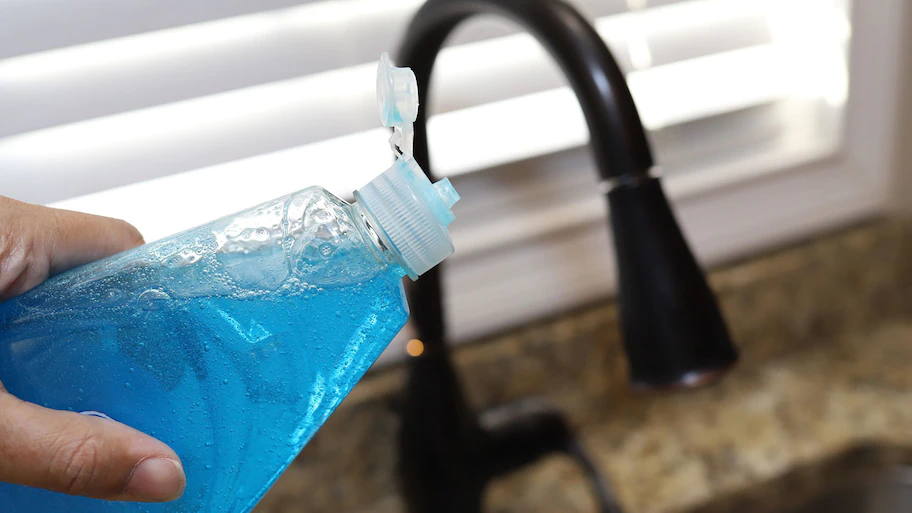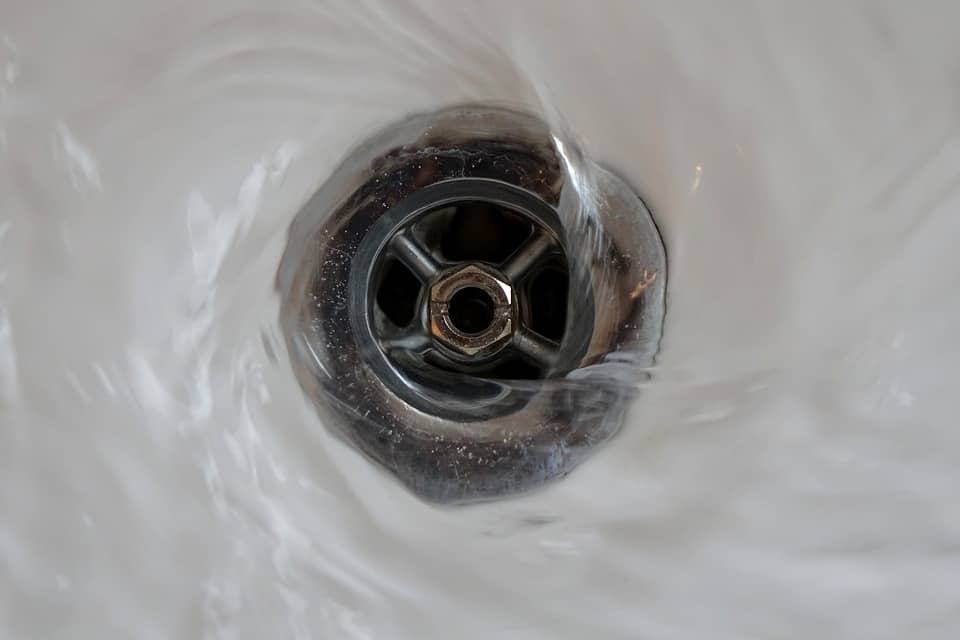Are you trying to locate guidance concerning What I learned from trying to deal with a clogged drain?

Intro
Handling a blocked drainpipe can be an irritating experience, interrupting everyday activities and potentially creating damage to your residential property. Nonetheless, prior to reaching out to pipes professionals, there are actions you can require to attend to the problem yourself. In this overview, we'll explore DIY remedies and preventive measures to tackle an obstructed drainpipe efficiently.
Determining the Concern
The primary step in attending to an obstructed drain is acknowledging the indications. Slow-moving water drainage, gurgling audios, foul odors originating from drains pipes, or water support up prevail indications of an obstructed drain. Recognizing these signs early can help protect against further complications.
Typical Root Causes Of Blocked Drains
Understanding the variables that add to drain pipes clogs is important for efficient resolution. Usual perpetrators consist of hair, soap residue, grease, food particles, and foreign items like hygienic products or paper towels. Tree roots invading below ground pipes can additionally create substantial clogs.
DIY Solutions
For minor clogs, several do it yourself remedies can be reliable. Putting boiling thin down the drainpipe can assist liquify grease and particles. Sodium bicarbonate and vinegar or a mix of salt and baking soda can work as natural cleansers. Using a bettor or pipes serpent to displace obstructions is another option.
Devices and Tools
Having the right devices handy can make do it yourself drain cleansing much more efficient. A bettor is a flexible tool for getting rid of blockages in sinks, commodes, and showers. A pipes serpent or auger can reach deeper blockages, while drain cleansing chemicals can be used carefully for stubborn blockages.
Preventive Measures
To stay clear of future clogs, embracing safety nets is crucial. Mount drainpipe guards or strainers to capture hair and particles prior to they enter the pipes. Frequently flush drains with warm water to liquify grease buildup, and avoid getting rid of oil or solid waste away.
When to Call an Expert
While do it yourself services can settle small blockages, particular signs show the need for professional support. Persistent clogs, foul odors regardless of cleaning efforts, or several drains supporting all at once are warnings that necessitate professional treatment.
Picking the Right Plumbing Solution
When selecting a plumbing solution, consider aspects such as experience, licensing, and client testimonials. Pick a credible plumbing professional with a performance history of high quality craftsmanship and clear pricing methods.
Price Considerations
The expense of expert drain cleaning services can vary relying on the severity of the clog and the plumbing technician's rates. Request quotes from several carriers and ask about any additional charges to ensure openness and prevent surprises.
Security Measures
When attempting do it yourself drainpipe cleaning, focus on security. Put on protective handwear covers and glasses to avoid contact with dangerous chemicals or microorganisms. Never mix various drain cleaning products, as this can generate dangerous fumes.
Case Studies
Real-life examples illustrate the efficiency of do it yourself options and the significance of prompt professional intervention in fixing drainpipe blockages.
Final thought
By adhering to the suggestions detailed in this overview, you can properly tackle obstructed drains pipes and stop future pipes issues. Whether selecting DIY services or seeking professional aid, punctual action is key to keeping a healthy and balanced pipes system and maintaining the integrity of your home.
How to Clear a Clogged Drain Yourself (And When to Call In the Professionals)
What Can Clog a Drain
Dirt Skin flakes Hair Grease Soap scum Food Offset pipes Tree roots Small objects Mineral buildup DIY Tricks to Unclog a Drain
You can fix this! Once you have identified the source of the clog (or have a vague idea), you can try one or a combination of these fixes in order to clear your plumbing.
Wire Hanger or Snake
Untangle and clear out hair from a drainpipe with a homemade snake. Use a straightened-out wire hanger with a 90-degree angle hook to locate the clog and drag out any unwanted material.
Remember not to push the clog further down to where the wire hanger cannot reach! If you need to follow up with a plunger, give it a try. Your efforts might be more successful after it’s been wire-snaked.
If you want to get fancy and don’t have a wire hanger to spare, head to the store and pick up a hand-operated drain snake. You can get one for $10-$30. It may save you the hassle, and provide additional length to reach deep into the clogged pipe.
Plunger
A cup plunger has a suction cup attached to a wooden handle. The rubber creates a seal around the drain, and increases the pressure force of the plunger.
Plunge for 30-second increments to loosen the clog. This may need to be repeated over the course of 15-20 minutes. Once plunged, run the water to flush the remaining material out of the drain.
Remember– never use a plunger if you have used a chemical drain cleaner. These chemicals can splash up from the force of the plunger and cause serious injury or burns.
Boiling Water
Hot water can sometimes break up materials into a flushable amount. Dirt, grease, and soap buildup requires heat in order to unstick from surfaces.
Take your kitchen kettle and heat your water to a boil. Once it reaches a rolling boil, pour it directly down the drain into the blockage. Carefully follow with plunging, if necessary.
Don’t worry if this takes more than one try! It can often take multiple kettles and repeated plunging in order to clear a particularly stubborn clog.
Chemical Drain Cleaner
As a last resort, pick up a bottle of chemical drain cleaner. Drain-cleaning chemicals are potent, and not very good for the environment.
You may need to wear protective eyewear in gloves before handling your bottle of chemical drain cleaner. Follow the instructions printed on the bottle, and flush with water as soon as the instructions allow. Do not follow with plunging.
Baking Soda and Vinegar
As a safer alternative to chemical drain cleaner, baking soda and vinegar can create a chemical reaction that clears tough clogs.
Combine one cup of cleaning vinegar with one cup of boiling water, and set aside. Once you have done this, pour half a cup of baking soda down the drain. Give the baking thirty seconds to settle and cover a large portion of the problem drain.
Following the baking soda, pour down your vinegar and hot water solution. Once the vinegar and baking soda combine, the mixture will bubble and fix. Let this reaction fizzle in the drain for about an hour.
After an hour, follow with a kettle’s worth of hot water. The heat and liquid should flush out any remaining material.
When to Call a Plumber
If your DIY attempts haven’t cleared your clog drain, it’s time to call in a professional. It’s not worth losing access to your kitchen sink or high-traffic bathroom. A clog in a vital area can keep you from the things you’d rather be doing, and derail your routine.
Anytime a clog is causing water to spread is a time to call in a plumbing service. What starts out as a little bit of water can quickly grow into serious, expensive water damage.
Additionally, a serious clog can result in burst pipes or serious leaks. Make sure you know when to take it seriously!
https://myguysnow.com/how-to-clear-a-clogged-drain-yourself-and-when-to-call-in-the-professionals/

We hope you enjoyed our excerpt on . Thanks a lot for taking a few minutes to read our article post. Those who enjoyed reading our blog post if you please be sure to pass it around. Many thanks for being here. Please come visit our blog back soon.
Learn More